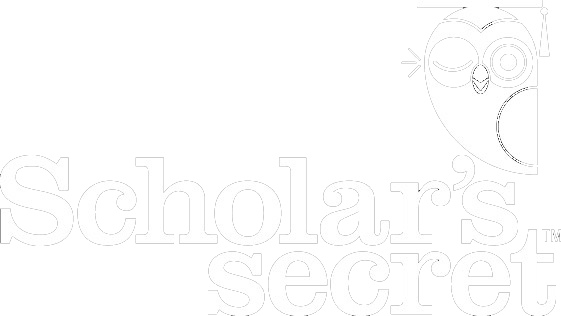Finding information these days is a snap: just do a Google search, read a book, or ask an expert, right? Not so fast. Mapquest sends you down the wrong road; vandals sabotage Wikipedia; newspapers publish “corrections” every day. Given the sheer volume of information, the law of averages alone suggests that much of what you find may be unacceptably biased, outdated, or plain wrong. Getting lost on the way to a meeting is one thing; using an inaccurate source to support your research is quite another.
So how will you know if the information you find is actually good – i.e., “true,” valid, or otherwise legitimate for your purpose? By getting into the Habit of Evaluation – and critically analyzing each resource now, before you use it! The START acronym* helps you remember the criteria by which you should evaluate sources – whether they’re physical, virtual, or human:
Scope refers to the extent of coverage that a source provides. Does the source present a high-level overview or a focused exploration of your topic? Does it corroborate other sources or present an all-new perspective?
Treatment refers to the way the information is presented. Is the information balanced or biased? Is the goal to inform, persuade, or entertain the reader? Does the source substantiate claims with references? Can information or “facts” presented by the source be verified elsewhere?
Authority refers to the producer or owner of the information. Who created the information – and is authorship easy to identify? What makes this author an expert? Is the author affiliated with a reputable organization? How can you tell?
Relevance refers to the strength of the connection between the source and your topic. Does the information in the source actually pertain to your topic? Does it help you support your argument?
Timeliness refers to the age of the information. Can the information be described as “cutting edge” or “classic”? Would something more current “trump” this particular source? Is something more current even available?
There are no “right” answers to these questions: “old” doesn’t necessarily mean outdated; and “entertaining” can also be factual. Each source must be evaluated relative to the purpose to which it will be applied. It’s a habit that takes practice – but once developed, will serve you well forever.
Need help finding, evaluating, and using an information source? Contact Scholar’s Secret anytime!
* From: Iannuzzi, Patricia, Charles T. Mangrum II, and Stephen S. Strichart. Teaching Information Literacy Skills. Needham Heights, MA: Allyn & Bacon, 1999. 143, 147. Print.

